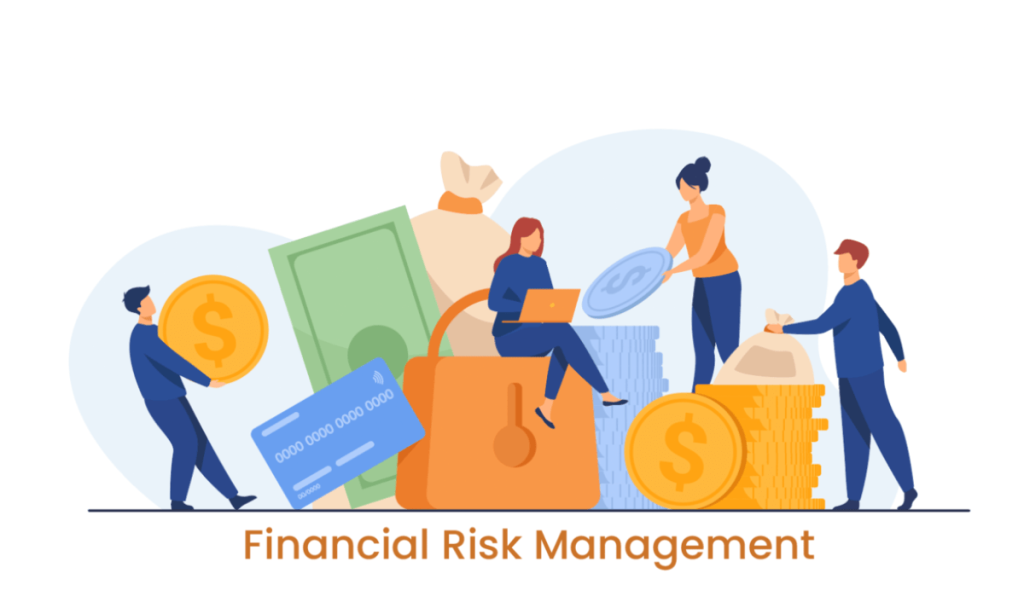
Given the competitive business environment of cloud computing and big data that exists today, risk management can never be more important. Financial as well as non-financial organizations are confronted with thousands of issues, varying from market fluctuations and regulatory issues to internal inefficiencies and cyber attacks.
AI-based risk management software is now transforming the manner in which firms detect, analyze, and track these risks, offering a brighter, quicker, and more accurate solution.
Revolutionizing Risk Management with AI
AI employs advanced algorithms, machine learning, and data analytics to track vast amounts of structured and unstructured data in real time. In finance, it assists companies in identifying impending frauds, predicting credit defaults, and assessing market risks better than ever before.
Likewise, non-financial industries are assisted by AI predictions of shutdown operations, supply chain risk, and safety risks before they become expensive problems.
Proactive Risk Decision-Making and Mitigation
Another key benefit of AI in risk management is proactive insight delivery. Conventional methods of risk assessment through human analysis and past data cause response lags.
AI systems get trained on changing sets of information in real-time, and firms can preempt risks and respond to them immediately. The proactive nature of AI causes fewer losses, reduces regulatory penalties, and builds business resilience.
Improving Reporting and Compliance
Compliance is among the most significant issues spanning across industries. AI-powered risk management software provides advanced compliance through revised regulations, operational process monitoring, and reporting in a systematic format.
Companies can be industry-level compliant but not compliance department obese.
Benefits Going Beyond Risk Mitigation
Other than risk management, AI solutions are usually used to optimize business processes. They offer predictive analysis, scenario planning, and decision support to enable organizations to make the best use of resources, become efficient, and allow for sustainable growth.
From banks offering investment insurance to manufacturing companies managing operational risk, AI is now becoming a cross-industry necessity.
Conclusion
AI-based risk management is not a choice but a necessity for organizations that desire to be competitive in the rapidly evolving and uncertain global economy.
Organizations that integrate AI into risk frameworks can not only mitigate potential risks but also make data-driven, informed decisions, which are a guarantee of long-term success. The use of AI in risk management enables financial as well as non-financial institutions to be agile, responsive, and forward-looking.
